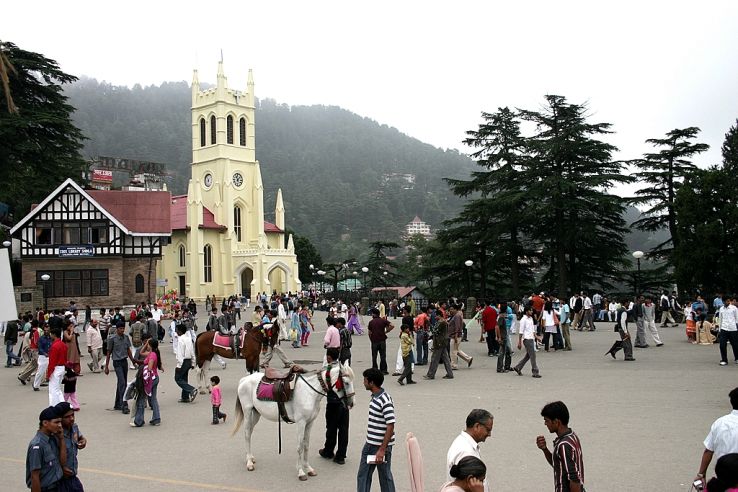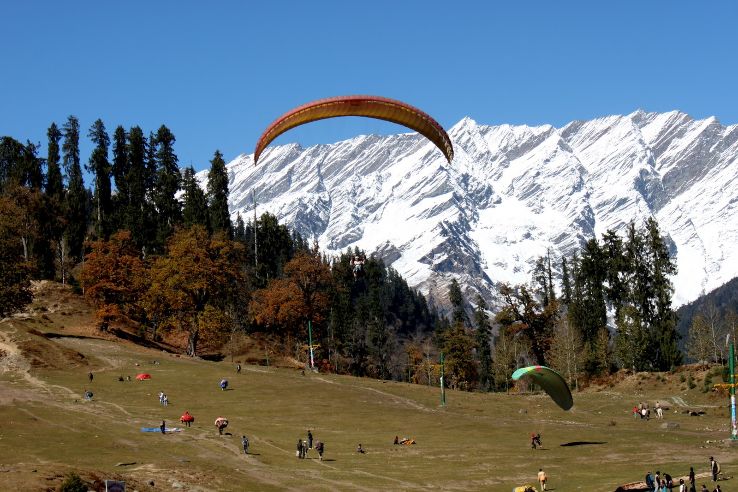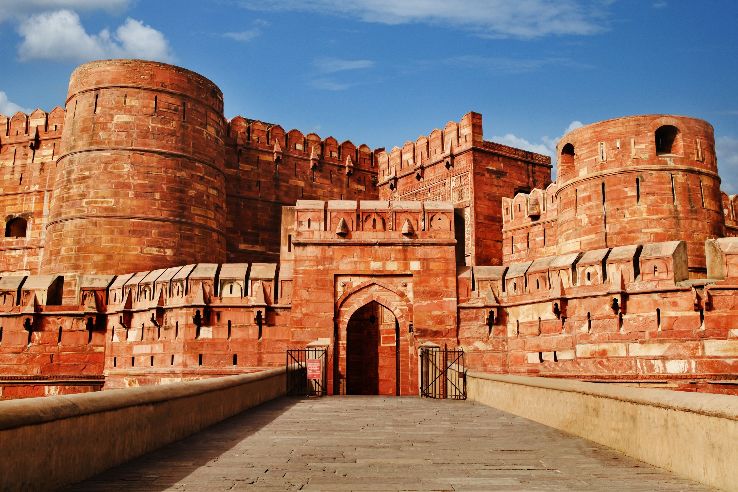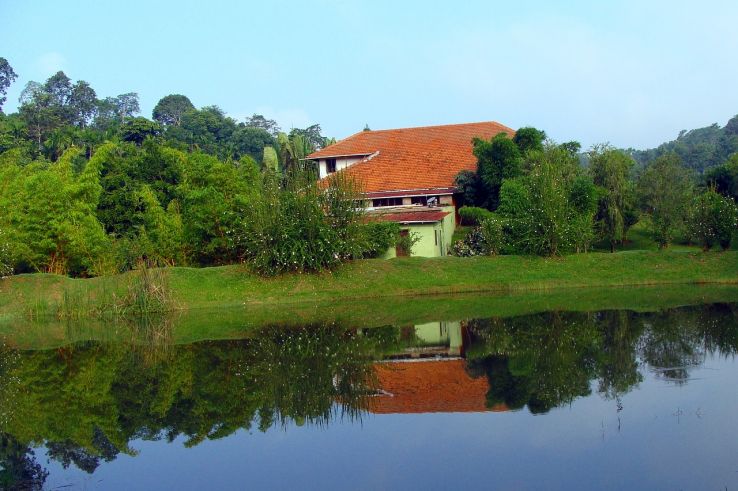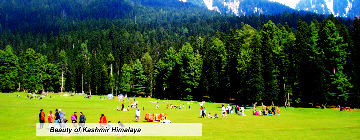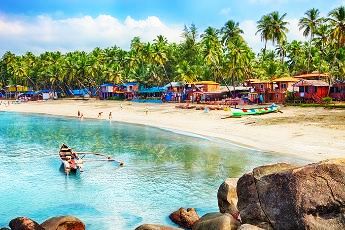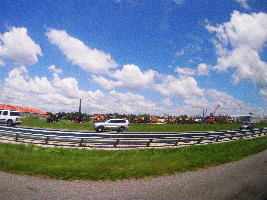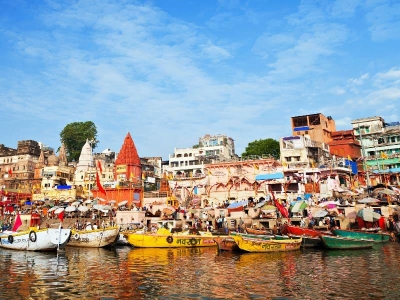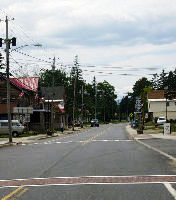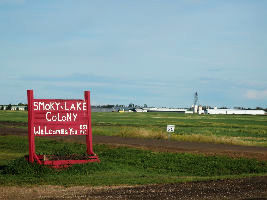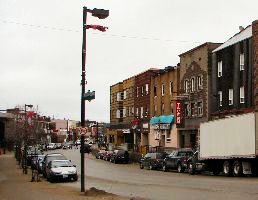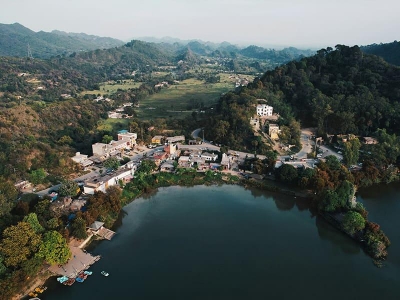Hagen
About Hagen
Hagen is the 41st biggest city in Germany. The region is situated in the territory of North Rhine-Westphalia. It is situated on the south eastern edge of the Ruhr zone, 15 km south of Dortmund, where the streams Lenne and Volme met by the waterway Ennepe meet the stream Ruhr. The city is home to the Fern Universitat Hagen, which is the main state supported separation training college in Germany. Checking in excess of 67,000 understudies March 2010, it is the biggest college in Germany.
Attributable to the broad utilization of water control along the streams Ruhr, Lenne, Volme and Ennepe, metal handling assumed an essential part in the area of Hagen in and even before the fifteenth century. In the seventeenth and eighteenth century, material and steel ventures and also paper generation took after. The bank's previous home office, the Sparkasse Hagen tower, was a territorial point of interest until its pulverization in 2004. The city is intensely obligated and during the time spent slicing city benefits with a specific end goal to adjust its financial plan.
Hagen is home to the Hagen Westphalian Open-Air Museum, an accumulation of noteworthy modern offices where exchanges, for example, printing, fermenting, smithing, processing, and numerous others are spoken to not just as static showcases, but rather as living, working tasks that guests may now and again even be welcome to take an interest in. It is situated close to the Hagen people group of Eilpe. The Historisches Centrum Hagen incorporates the city gallery and Werdringen stronghold. In the Blatterhohle collapse Hagen the most established fossils of present day individuals in Westphalia and the Ruhr were found.
